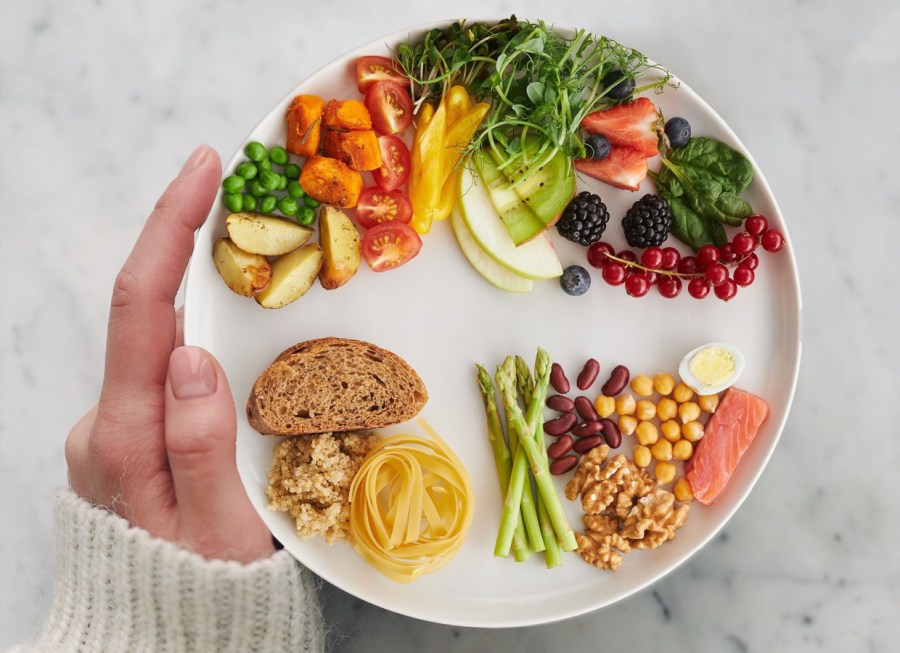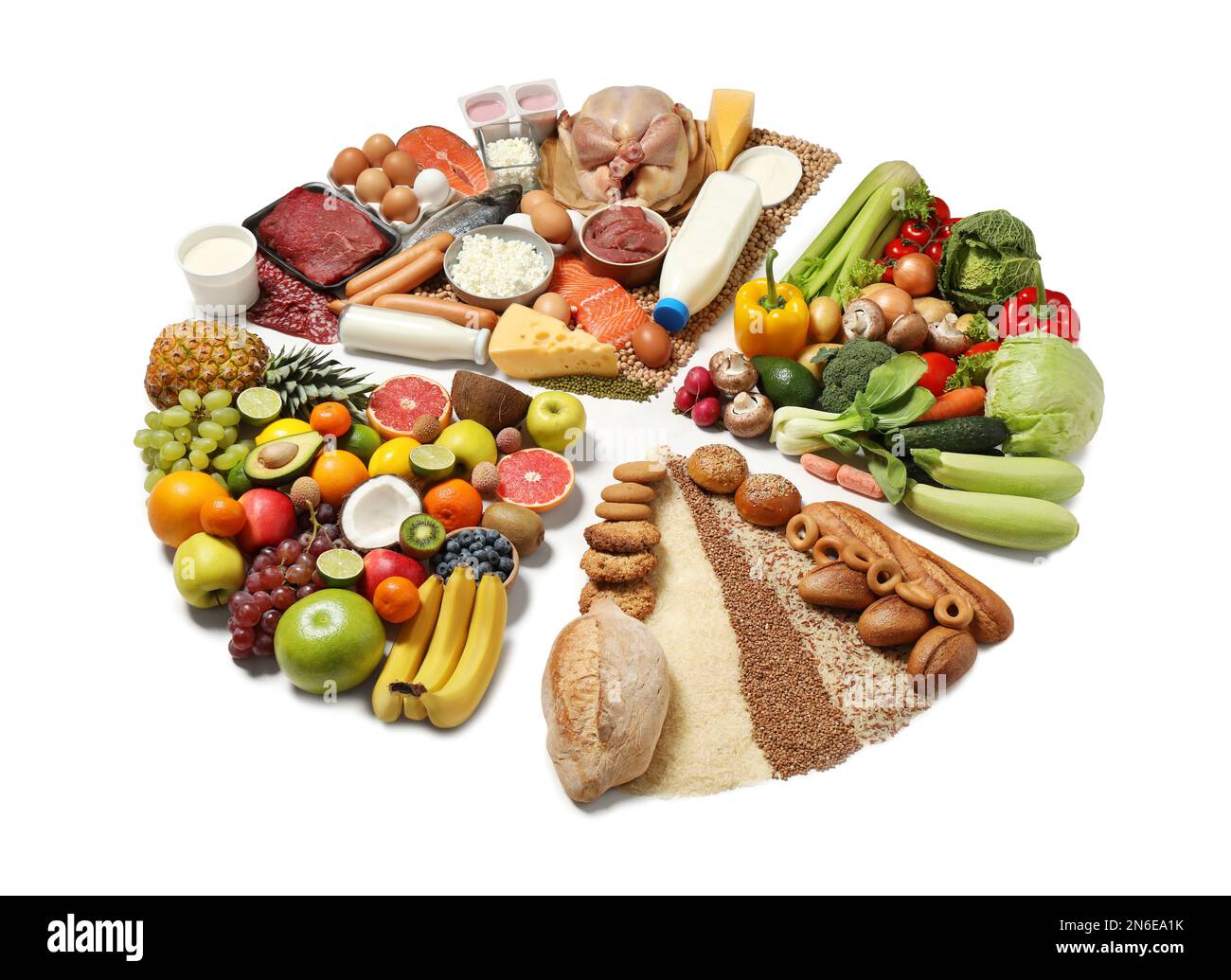
Unlocking the Secrets of a Balanced Bird Seed Mix: The Power of Sunflower Seeds
For bird enthusiasts, the joy of attracting a diverse array of feathered friends to our gardens is unparalleled. At the heart of this rewarding hobby lies the careful selection of birdseed, and among the myriad options available, the balanced bird seed mix with sunflower seeds stands out as a cornerstone for successful bird feeding. This article delves into the intricacies of this popular blend, exploring its nutritional benefits, the specific allure of sunflower seeds, and providing guidance on creating or selecting the perfect mix for your local bird population.
The Importance of a Balanced Diet for Wild Birds
Wild birds, much like humans, require a balanced diet to thrive. Their nutritional needs vary depending on species, age, season, and activity level. A well-rounded diet supports:
- Energy: Essential for flight, foraging, and maintaining body temperature, especially during colder months.
- Growth and Development: Crucial for young birds and during molting periods.
- Reproduction: Necessary for egg production and raising healthy chicks.
- Immune Function: A strong immune system helps birds resist diseases and infections.
A seed mix that is too heavy in one type of seed can lead to nutritional deficiencies, obesity, and reduced overall health. This is why a balanced approach is essential.
The Components of a Balanced Bird Seed Mix
A truly balanced bird seed mix typically includes a variety of seeds, each offering unique nutritional benefits:
- Sunflower Seeds: These are the stars of the show, packed with oil, protein, and essential nutrients. They are highly attractive to a wide range of birds.
- Nyjer (Thistle) Seeds: Small, black seeds that are a favorite of finches, providing a good source of oil and protein.
- White Proso Millet: A small, round seed that is a staple for ground-feeding birds like doves, sparrows, and juncos.
- Cracked Corn: A good source of carbohydrates, providing energy for birds, particularly during colder months.
- Safflower Seeds: White, slightly bitter seeds that are often ignored by squirrels and blackbirds, making them a good option for attracting desired birds while deterring unwanted visitors.
- Peanuts (Shelled or Unshelled): High in fat and protein, peanuts are a favorite of larger birds like jays, woodpeckers, and nuthatches.
- Canary Seed: A small, shiny seed that is popular with canaries and other small birds.
The Sunflower Seed Advantage: Why Birds Love Them
Sunflower seeds are a nutritional powerhouse and a favorite among a wide range of bird species. Here’s why they are so popular:
- High Oil Content: Sunflower seeds are rich in oil, providing birds with a concentrated source of energy. This is especially important during the winter months when birds need to maintain their body temperature.
- High Protein Content: Protein is essential for growth, development, and feather production. Sunflower seeds offer a good source of protein, making them beneficial for birds of all ages.
- Easy to Crack: Sunflower seeds have a relatively thin shell that is easy for most birds to crack open, allowing them to access the nutritious kernel inside.
- Versatility: Sunflower seeds are enjoyed by a wide variety of bird species, including finches, cardinals, chickadees, nuthatches, woodpeckers, and grosbeaks.
Types of Sunflower Seeds for Bird Feeding
There are two main types of sunflower seeds used in bird feeding:
- Black Oil Sunflower Seeds: These are the most popular type of sunflower seed for bird feeding. They have a thin shell and a high oil content, making them easy for birds to crack open and highly nutritious.
- Striped Sunflower Seeds: These seeds have a thicker shell and a lower oil content than black oil sunflower seeds. They are still enjoyed by many birds, but they may be more difficult for smaller birds to crack open.
Creating Your Own Balanced Bird Seed Mix
Creating your own balanced bird seed mix allows you to customize the blend to suit the specific needs and preferences of the birds in your area. Here’s a basic recipe to get you started:
- 50% Black Oil Sunflower Seeds
- 20% White Proso Millet
- 10% Safflower Seeds
- 10% Cracked Corn
- 10% Nyjer Seeds
You can adjust the proportions of each ingredient based on the birds you want to attract and the season. For example, during the winter months, you may want to increase the proportion of sunflower seeds to provide birds with extra energy.
Selecting a Pre-Made Balanced Bird Seed Mix
If you prefer the convenience of a pre-made mix, there are many excellent options available. When selecting a pre-made mix, be sure to:
- Read the Label: Check the ingredient list to ensure that the mix contains a variety of seeds and that sunflower seeds are a prominent component.
- Avoid Fillers: Avoid mixes that contain a lot of "filler" ingredients like red millet, wheat, or processed grains, as these offer little nutritional value to birds.
- Consider Your Budget: Bird seed prices can vary widely. Choose a mix that fits your budget without sacrificing quality.
- Check for Freshness: Make sure the seeds look clean and fresh, and that there are no signs of mold or insect infestation.
Tips for Feeding Birds Successfully
- Choose the Right Feeder: Select a feeder that is appropriate for the types of birds you want to attract. Tube feeders are good for small birds like finches and chickadees, while platform feeders are better for larger birds like cardinals and doves.
- Keep Feeders Clean: Regularly clean your bird feeders to prevent the spread of disease. Wash them with soap and water, and then rinse them thoroughly before refilling them with seed.
- Provide Fresh Water: Birds need access to fresh water for drinking and bathing. Provide a birdbath or shallow dish of water and clean it regularly.
- Offer Shelter: Plant trees and shrubs to provide birds with shelter from the elements and protection from predators.
- Be Patient: It may take some time for birds to discover your feeders. Be patient and continue to provide fresh seed and water, and eventually, they will come.
Addressing Common Concerns
- Squirrels: Squirrels can be a nuisance at bird feeders. To deter squirrels, try using a squirrel-resistant feeder or offering safflower seeds, which squirrels typically avoid.
- Mess: Bird feeders can create a mess under the feeder. To minimize mess, use a feeder with a seed catcher or clean up spilled seed regularly.
- Attracting Unwanted Birds: Some bird species, like starlings and house sparrows, can be aggressive and may dominate feeders. To discourage these birds, avoid using mixes that contain a lot of millet or cracked corn.
Conclusion
A balanced bird seed mix with sunflower seeds is a cornerstone of successful bird feeding. By providing birds with a nutritious and varied diet, you can attract a diverse array of feathered friends to your garden and enjoy the many benefits of observing these beautiful creatures. Whether you choose to create your own mix or select a pre-made blend, remember to prioritize quality, freshness, and the specific needs of the birds in your area. With a little knowledge and effort, you can create a bird-friendly haven that will bring joy and wonder to your life for years to come.

